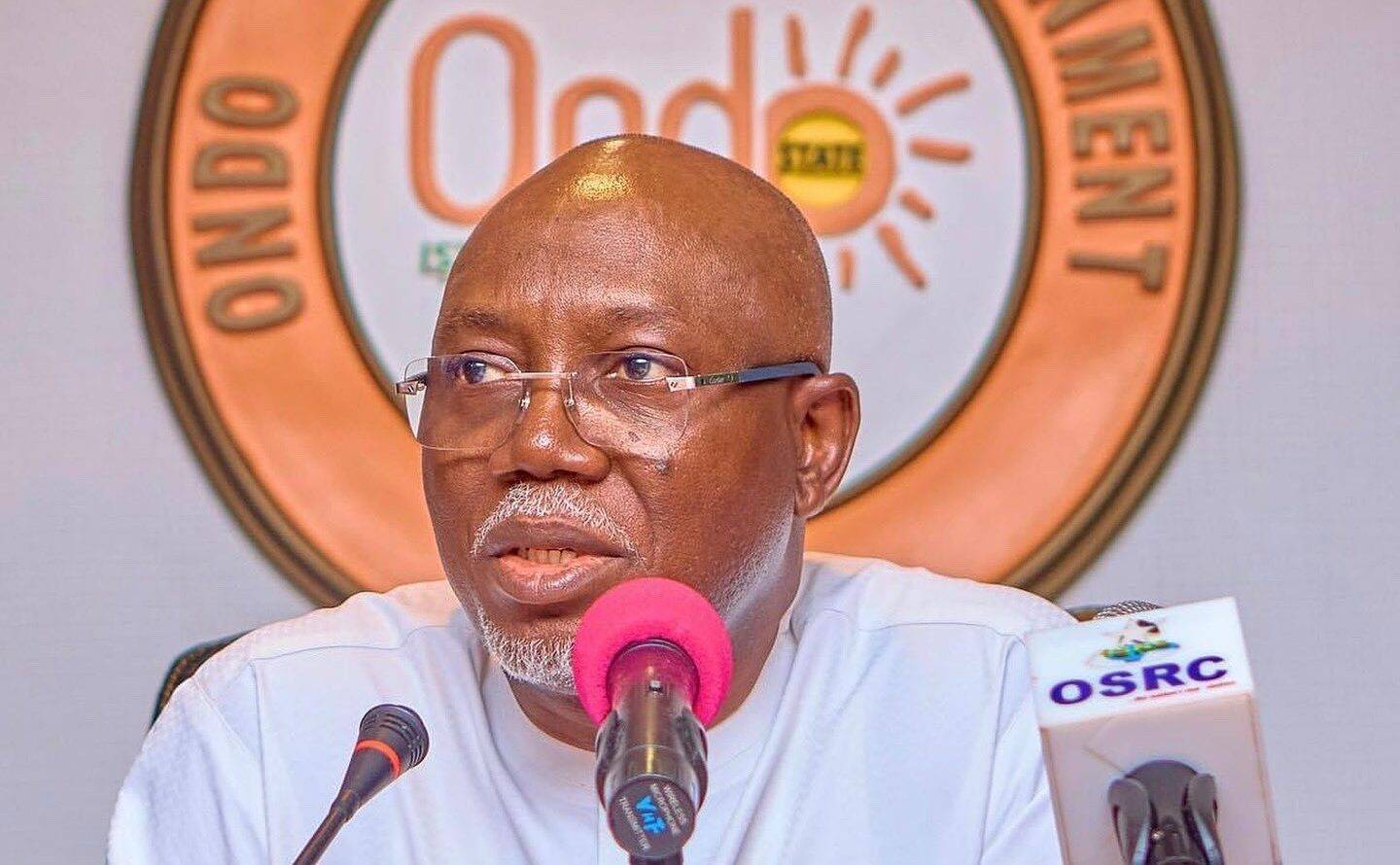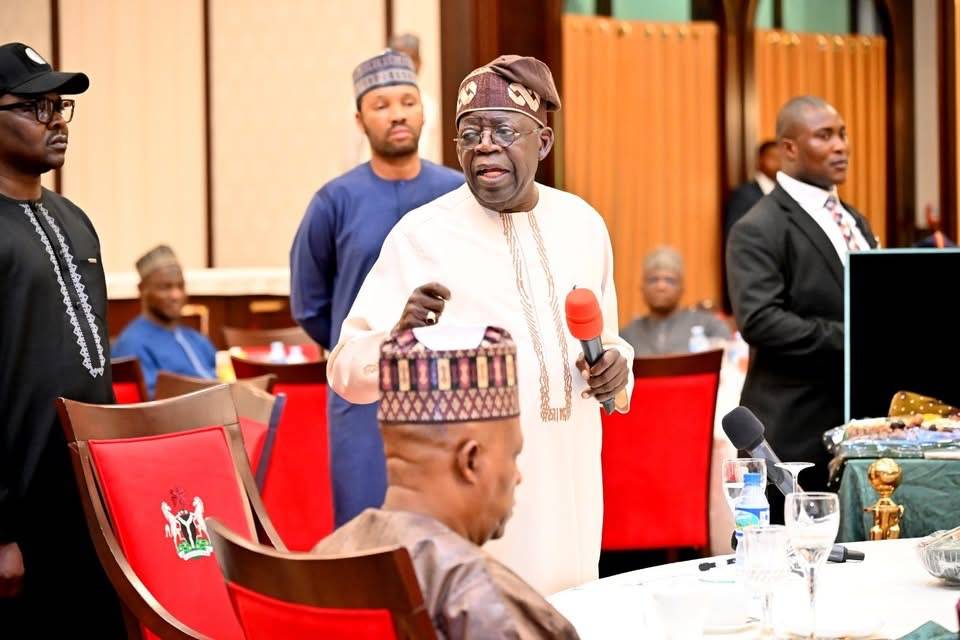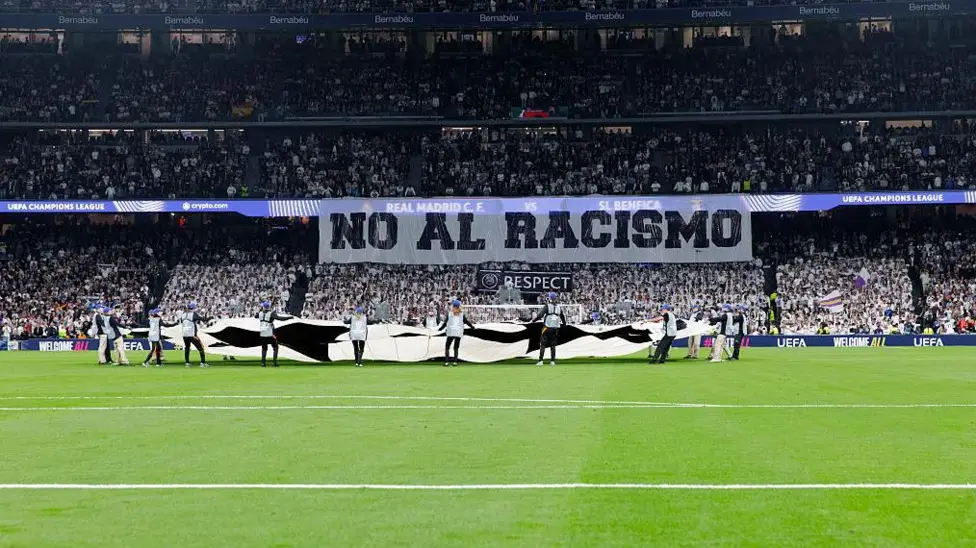The BBC has rejected charges of elitism aimed at its University Challenge quiz show and defended allowing separate Oxford and Cambridge colleges to enter the contest while limiting other universities to one entry each.
The long-running show, which will broadcast a quarter-final match on Monday in its 52nd series, typically includes at least 10 entries from Oxbridge colleges, with the remaining 18 places going to other universities.
In a series of complaints to the BBC, Durham-based Frank Coffield, an emeritus professor of education at University College London and a visiting professor at Sunderland, says the show’s Oxbridge bias breaks the corporation’s impartiality rules and perpetuates elitism in the UK.
In one letter, he writes: “Each of the 70-plus Oxbridge colleges [even those with only 300/400 students] is allowed to compete in University Challenge, but huge civic universities like Manchester and Birmingham [with upwards of 40,000 students] are allowed only one entry each. What justification has the BBC for rigging the programme in this way?”
In another, he says: “Why has the BBC allowed the format of this programme to treat all other universities in the UK apart from Oxbridge as second class?”
The BBC’s complaints service replied by defending the rules of the competition, which it said allowed all degree-level independent education institutions to apply to enter.
“All institutions that deliver higher education courses at the level of bachelor’s degree or equivalent or higher are welcome to apply to take part on University Challenge,” it said.
“Institutions are eligible and welcome to apply to University Challenge independently of each other.”
A BBC spokesperson said: “All education institutions that design and deliver teaching towards university level qualifications are welcome to apply to University Challenge independently.
“This is not limited to Oxbridge colleges, but also includes around 300 colleges of further and higher education across the UK, several member institutions of the University of London, and a number of UK conservatoires and art schools.”
Coffield said the reply failed to answer his charge of bias. He said: “It still does not explain why more than 70 Oxbridge colleges are treated as separate universities. You don’t get a Christchurch college university degree but an Oxford degree. My main criticism still stands and the BBC is avoiding answering it.
“The balance is grotesque, inequitable and indefensible.”
Coffield urged the National Union of Students to boycott the competition unless the BBC changed the rules to limit each university or other degree-awarding body to one entry.
Oxbridge colleges have won the competition 27 times in the previous 51 series.
Coffield said that was no surprise because Oxbridge colleges had made up more than 35% of the entries. “Obviously, if you have 10 raffle tickets out of a total of 28, you are more likely to win prizes than if you have one,” he said.
“Could it perhaps be that the corporation has been run by successions of Oxbridge graduates who’ve turned a blind eye to this inequity? The rules of University Challenge were set originally to continue the dominance by Oxbridge of our cultural and intellectual life and to protect the unjustifiable advantages of elites.
“Ever since, those rules have been retained to pass the advantages on to the next generation.”
University Challenge first ran on ITV from 1962 to 1987, when it was hosted by the late Bamber Gascoigne. The BBC revived it in 1994 with Jeremy Paxman in the chair.
The next series in October will be presented by its third quizmaster, Amol Rajan. All three presenters attended Cambridge colleges.
Guardian UK













